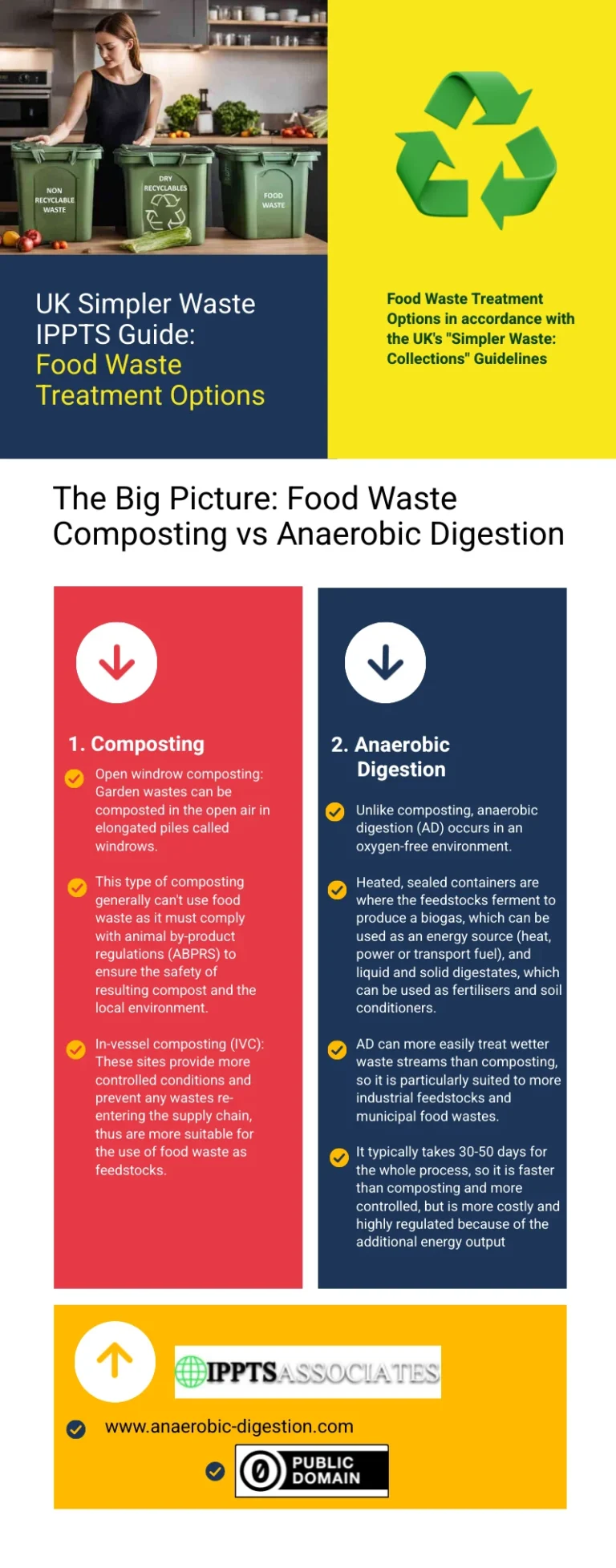Revolutionizing Recycling: The UK’s "Simpler Recycling" Initiative
Recycling food waste in the UK has been a complex challenge for many years, but with the introduction of the "Simpler Recycling" initiative by the UK government, significant strides are being made to simplify the process for local authorities, householders, and businesses alike. This initiative promises not only to streamline food waste recycling but also to enhance the efficiency and effectiveness of environmental conservation efforts across the nation.
Understanding the "Simpler Recycling" Initiative
The "Simpler Recycling" initiative is a comprehensive plan designed to overhaul the way food waste is collected and processed in England. With the goal of making recycling easier and more consistent, the government has pledged substantial funds to support local councils in establishing separate food waste collections.
The Core Components of the Initiative
- Separate Food Waste Bins: Each home will receive a small bin, often called a "caddy," dedicated exclusively to food scraps. This simple step aims to segregate food waste from other types of waste, facilitating more efficient recycling processes.
- Weekly Collections and Clear Labeling: To reduce confusion and increase recycling rates, food waste will be collected weekly. Bins will also feature clear labels to help residents understand what should go where.
- Education and Training: A crucial aspect of the initiative is the training of local authority staff and the launch of public awareness campaigns. These efforts are vital to ensure that everyone understands the new recycling methods and the importance of participation.
- Business Participation: Businesses are required to provide separate bins for recyclables, food waste, and non-recyclables, and must also train their staff on proper disposal methods.
- Processing Options: Local authorities can choose between co-composting food waste with green waste or using anaerobic digestion facilities. Anaerobic digestion not only recycles food waste but also produces biogas and digestate, which are valuable as renewable energy and organic fertilizer, respectively.
Benefits and Impact
The initiative is expected to lead to significant environmental benefits, including the reduction of landfill use and greenhouse gas emissions. By facilitating easier and more effective recycling practices, the initiative also aims to meet future waste management demands, driven by increased environmental awareness and the growing urgency of climate change mitigation.
The Next Step
To learn more about the "Simpler Recycling" initiative and how you can participate in transforming the recycling landscape in the UK, watch the detailed video here: https://www.youtube.com/watch?v=o09AUmF21UY. This video offers a deeper understanding of the initiative and practical tips on how you can contribute to making our planet greener.
















0 Comments